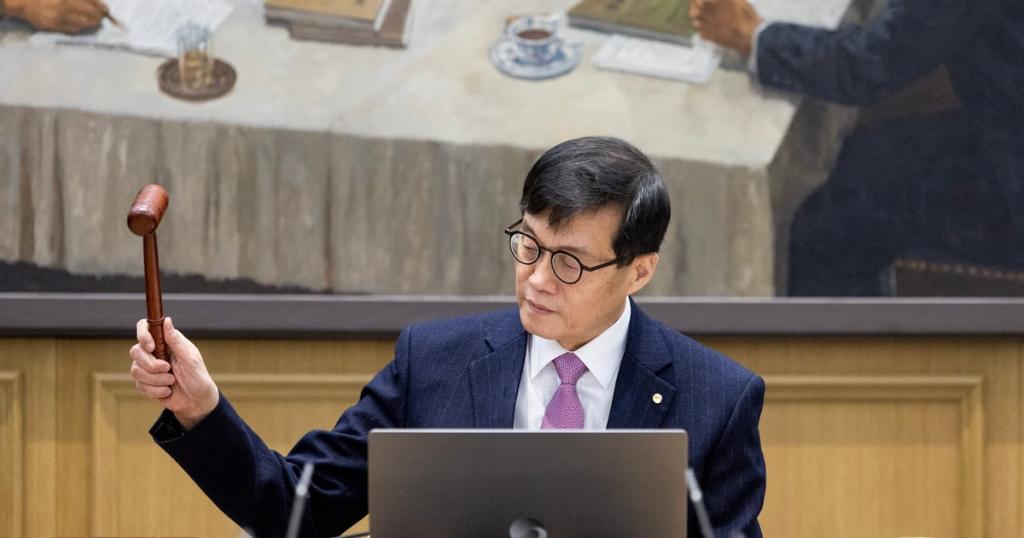Indonesia Joins BRICS Boosting Global Cooperation Amid Challenges
Indonesia's BRICS membership marks a strategic shift, enhancing global cooperation and challenging traditional power dynamics amid rising trade tensions.
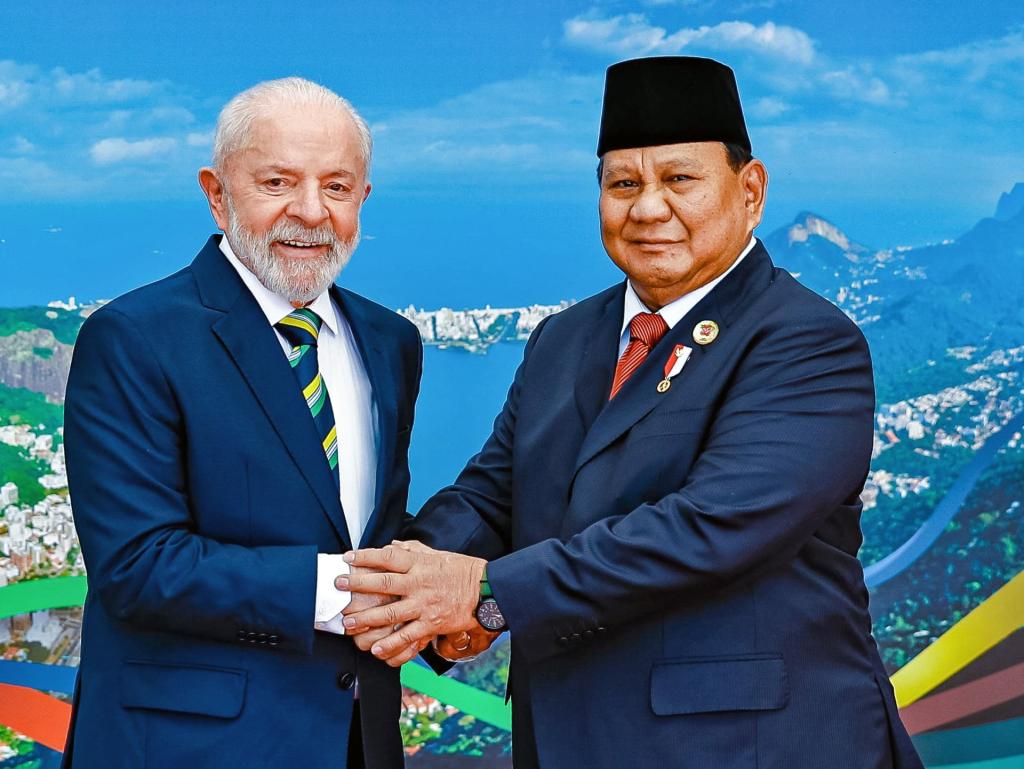
Key Points
- Indonesia's membership in BRICS enhances South-South cooperation and strengthens its role among emerging economies.
- The move is seen as a strategic response to U.S. trade tensions and presents an opportunity for economic diversification.
- This expansion of BRICS reflects a collective ambition to reform global governance and reduce reliance on the U.S. dollar in trade.
In a significant move aimed at enhancing its economic presence and strengthening ties with emerging markets, Indonesia has officially joined the BRICS group. This strategic alignment comes amid ongoing trade tensions, particularly influenced by the recent threat of tariffs from the U.S. government under
. Indonesia's membership in BRICS not only marks a pivotal shift in its foreign policy but also highlights the nation's commitment to fostering cooperation among developing countries.
The Significance of Indonesia's Membership
With Indonesia now a full member of BRICS, the bloc expands to eleven official members, representing over 45% of the global economy. This membership signifies a united front among emerging economies, challenging the traditional dominance of Western nations in global governance. As highlighted during the recent summit hosted in
, the inclusion of Indonesia underscores the growing importance of South-South cooperation in international relations.
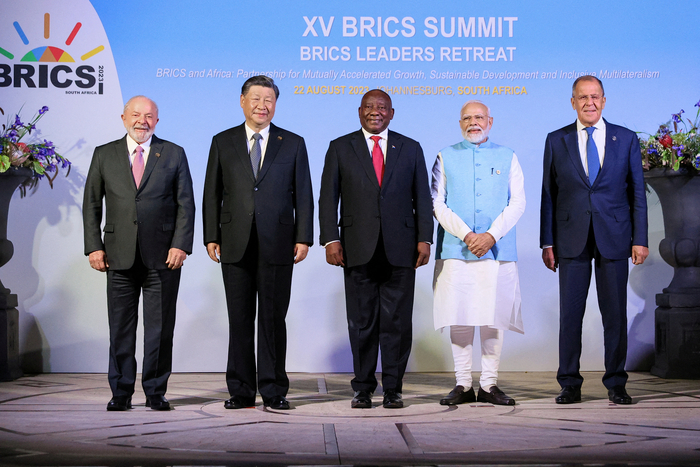
A Shift in Indonesia’s Foreign Policy
Under the leadership of President Prabowo Subianto, who assumed office in October 2023, Indonesia's strategy has notably shifted. The new government views membership in BRICS as a means of reinforcing the interests of the Global South, an essential region in the global economy. During a time when trade relations with Western powers face scrutiny, this membership is presented as a commitment to an independent and active foreign policy.
The support for Indonesia's entry into BRICS showcases a collective agreement among member states, emphasizing the importance of reforming global governance institutions. This alignment aims to address the unique challenges faced by developing nations in a shifting geopolitical landscape.
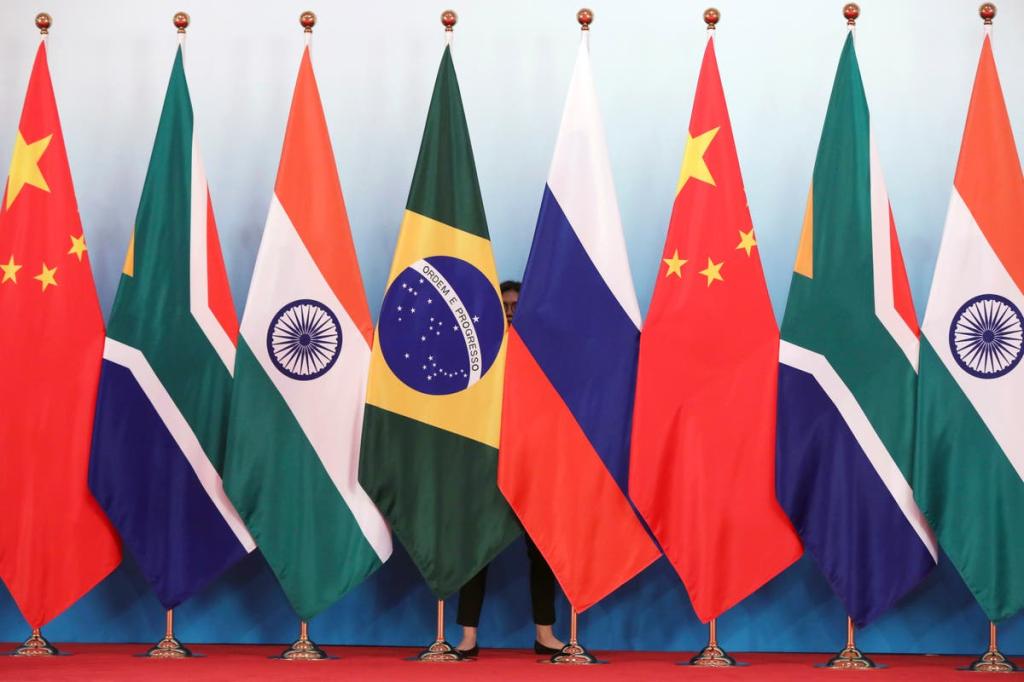
Economic and Political Implications
BRICS, originally formed by Brazil, Russia, India, and China in 2009, has evolved significantly over the years, with South Africa joining in 2010, and more recent additions including Iran, Egypt, and the
. The bloc was created as a counterweight to the Group of Seven (G7) and aims to foster collaboration among emerging economies.
The expansion of BRICS seeks to create a platform for developing nations to assert their interests more effectively on the global stage. Analysts have noted that Indonesia's membership arrives at a critical moment, especially in light of President Trump's threats to impose tariffs on BRICS nations should they pursue de-dollarization. Such actions could further entrench geopolitical divides and provide BRICS nations with additional motivation to consolidate their economic strategies.
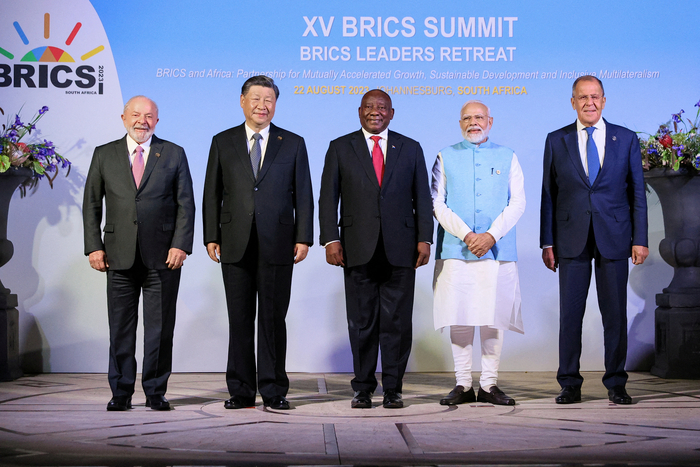
The Road Ahead for Indonesia and BRICS
Looking forward, Indonesia appears poised to play an active role within BRICS. Its position as Southeast Asia's largest economy bolsters the bloc's collective strength, particularly as it works to develop means of payment that reduce reliance on the U.S. dollar in international trade. This objective of de-dollarization is a goal that resonates deeply among BRICS nations.
As Indonesia continues to navigate its path between traditional partnerships with Western nations and its new commitments within BRICS, the implications for global trade and economic policies will be significant. There is potential for increased investment, a more diversified trade portfolio, and a collective push towards sustainable development.
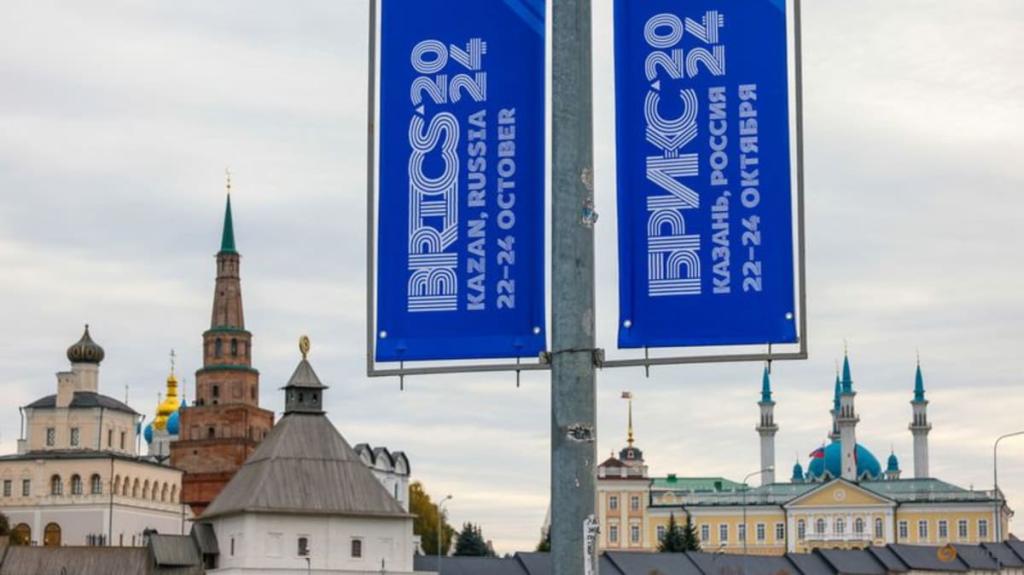
In summary, Indonesia's formal entry into the BRICS group marks a hopeful and strategically significant development in its foreign relations. As the nation embraces its role in a collective of emerging economies, it simultaneously positions itself to capitalize on new opportunities while navigating the complexities of global political dynamics. This move underscores Indonesia's commitment to a future where developing nations collaborate to enhance their global influence, ensuring a more equitable international economic environment.


